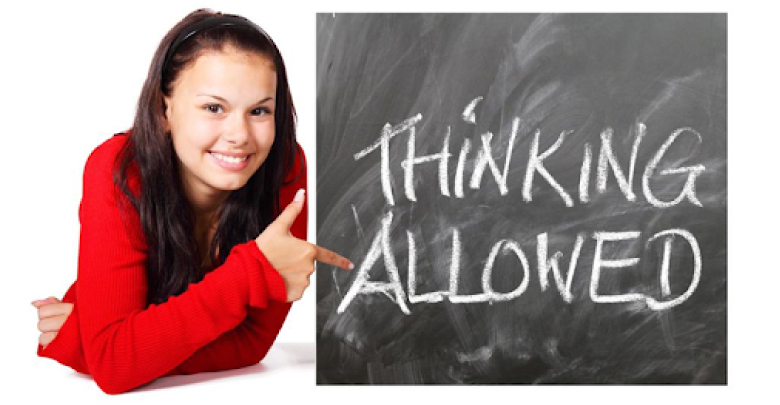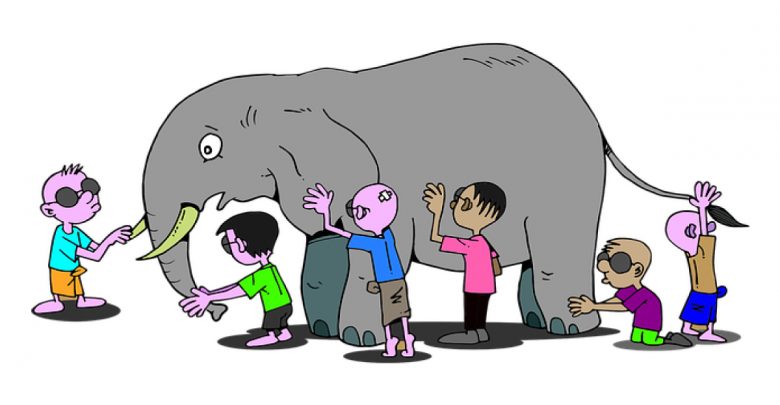Designing Educational Programmes
Designing Educational Programmes
-
Introduction: In every walk of life, the process of evaluation takes place in one or the other form. It is only through evaluation that one can learn. The whole cycle of social development revolves around the evaluation process. Content: Evaluation plays an enormous role in the learning process. It helps trainers and learners to improve training and learning. Evaluation is…
Read More » -
Introduction: Here we’ll have to explore practical skills. Skills that gets sharpened by experience and tough situations a trainer can find him/herself in. It is closely tied to the “Making Observations” article. Both rotate around each other. We observe, interpret and take actions accordingly. Then we re-observe what these actions have produced so we can assess the situation again. It…
Read More » -
Introduction: Seek and you shall find. If we don’t seek we won’t find. It is that simple. If you think that the program is perfect and is a masterpiece, you will never observe anything that wouldn’t support that assumption. Here the criterion is “readiness”, which is being ready to observe the things that oppose your presumptions about the program and…
Read More » -
Introduction: We live in a world where integration between diverse groups, whether religious or race or whatever base these groups were built, is needed more than ever. These days are not like early in the century when a few groups were dominating the discourse. These dominant groups used terms that are relevant to them and only them, terms that can…
Read More » -
Introduction: Being aware of what is happening all over the globe is quite hard and sometimes exhausting emotionally and mentally. However, as a trainer to integrate socio-political elements in programs, there must be a limited amount of knowledge of most socio-political events relevant to the program, learners and/or the topic. It is a hard task, but one that is essential…
Read More » -
Introduction: One of the key factors in training is to be able to transfer knowledge and values in a learning process that has a kind of impact on the group of trainees. Doing training without thinking about the impact that this can have on the group of participants and how it is the best way to transfer the knowledge in…
Read More » -
Introduction: ICT Tools and e-learning techniques are very useful tools for supporting the development of learning, improving accessibility of the wider public, reduce the limitation of mobility and provide quality training overcoming distances and reducing costs. ICT Tool and e-learning techniques are much more than functionals and they can upscale the learning possibilities, sharing information, creative approaches and innovation in…
Read More » -
Introduction: The goal for all data collection is to capture quality evidence that allows analysis to lead to the formulation of convincing and credible answers to the questions that have been posted. The trainer should be able to see the data as a basis of his/her work where he/she can find the reason for an activity, define the objectives and…
Read More » -
Introduction: During training, it is very important to keep attention to the group flow, dynamics and feelings in a way to be able to adapt the contents and sometimes also the values prepared in advance. It is one of the principles of non-formal learning, keep the learners at the center of the process. Sometimes could be difficult to plan and…
Read More » -
Introduction: ICT and e-learning tools and techniques are not always very familiar or they can bring challenges for being integrated into a whole educational flow. The trainer should be able to identify those challenges, name them and preview a possibility or better a strategy to overcome them. Challenges sometimes are a good reason for not take into account the possibility…
Read More »









